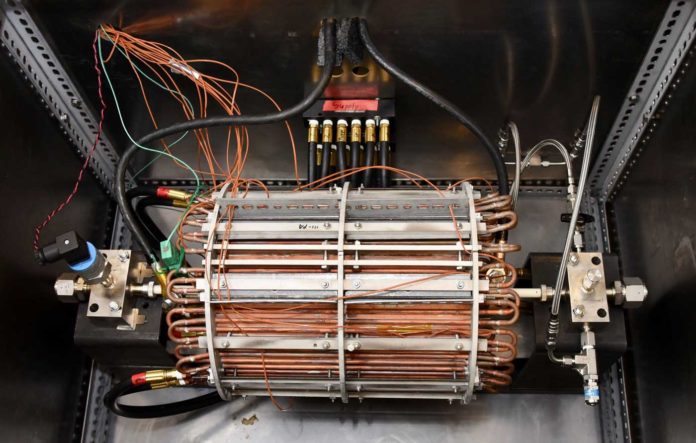Scientists from the University of British Columbia in collaboration with the Massachusetts Institute of Technology, the University of Maryland, the Lawrence Berkeley National Laboratory, and Google taking a deep insight on cold fusion to re-evaluate cold fusion to a high standard of scientific rigor.
The 1989 claim of ‘cold fusion’ was publicly heralded as the future of clean energy generation. However, subsequent failures to reproduce the effect heightened skepticism of this claim in the academic community and effectively led to the disqualification of the subject from further study.
Motivated by the possibility that such judgment might have been premature, scientists investigating this area of science and hopes their ongoing journey will inspire others in the scientific community to contribute data to this intriguing field.
Curtis Berlinguette, principal investigator and professor of chemistry and chemical and biological engineering at the University of British Columbia (UBC) said, “We need a fundamentally new energy technology that can be scaled within the span of a human lifetime. Achieving this goal requires scientists to be afforded the opportunity to do daring work. This program provided us with a safe environment to take the long shot – given the profound impact this could have on society, we should remain open to it even if there is an unknown probability of success.”
Yet-Ming Chiang, principal investigator and Kyocera professor of materials science and engineering at the Massachusetts Institute of Technology (MIT) said, “If any research project ever met the definition of high-risk, high-reward, this would be the one. Electrochemistry can create interesting states of matter. If those states of matter help us in the search for new clean energy sources, all the better.”
Thomas Schenkel, principal investigator and interim director of the Accelerator Technology and Applied Physics Division at the Lawrence Berkeley National Laboratory (Berkeley Lab) said, “We shouldn’t shy away from looking into areas that may have been written off. Not frivolously – but with new ideas and a recognition that there are things we don’t know and that we should be curious about.”
Matt Trevithick, senior program manager at Google Research said, “Google cares deeply about data and sustainability. When we looked into the scientific record of cold fusion, we found some bold claims, but not a lot of current, credible data. Given the positive impact cold fusion could have if true, we saw an opportunity to help the situation. We are impressed with the research team that rose to this challenge, and are pleased with what has been accomplished so far.”
A progress report published today in Nature publicly discloses the group’s collaboration for the first time.
